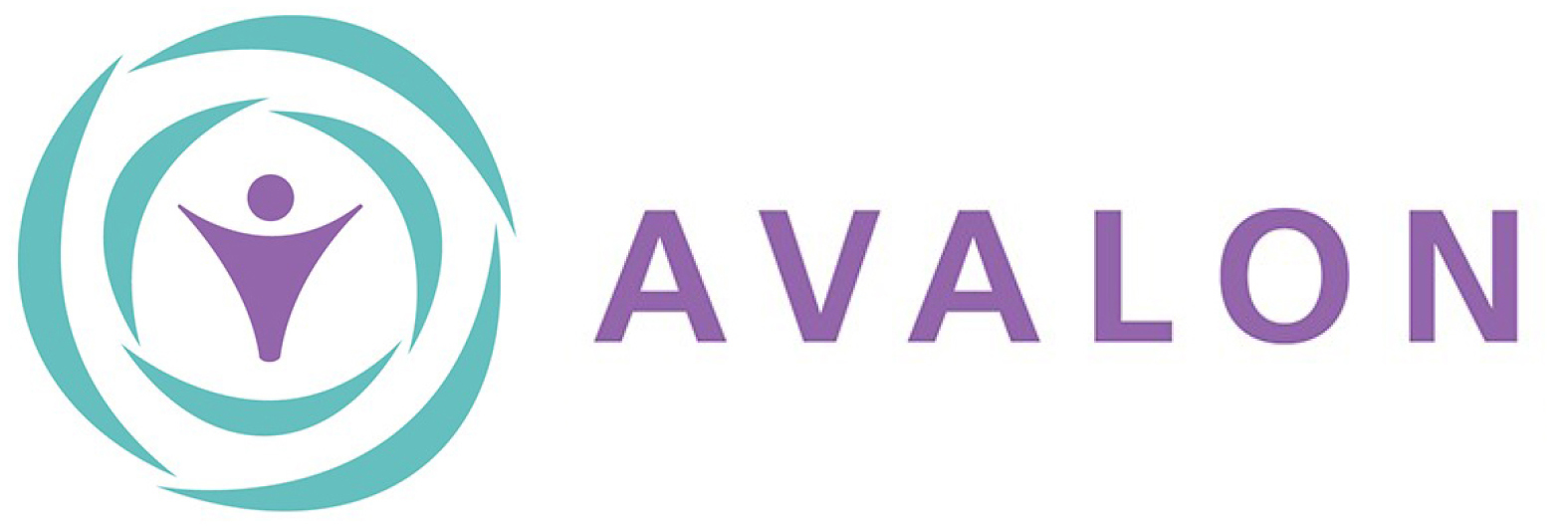Dear President Florizone,
Dalhousie University has taken the first step in recognizing the impact of the actions of the DDS 2015 Gentlemen on the women involved, the Dalhousie community, and the general public. However, it is just one small step towards addressing this issue and protecting the women involved.
Although restorative justice practices can be effective methods of healing, we have concerns with this being the only approach the university has taken so far. Within the Criminal Justice Process, there is a moratorium on the use of Restorative Justice in cases involving violence against women. This is done to protect the victims. In situations of abuse, when the abuser is in a position of power, trust and authority, or when they are known to the victim, women may be pressured to engage in a restorative justice process. This could lead to the re-traumatization for the victim.
In this case, the group of men who joked about “chloroform” and “hate fucking” have nothing to lose by participating in the restorative justice process. This process may be a way for these men to avoid expulsion, and regain their credibility and professionalism. The women however have to face their aggressors and face the possibility of being further traumatized. While it has been indicated that the women involved in this situation have chosen this approach, it is unfair that the university is putting the onus on the victims to determine punishment as they may not feel able to hold the men involved accountable. These women’s schooling and professional careers are also at stake here. Regardless of the outcome of the Restorative Justice process, these women have to go to school and work alongside these men. They may also have personal relationships with them. Therefore they may not feel they can bear the responsibility for repercussions against them.
Our concern lies with women being put into situations where they must choose between their own personal safety and sense of justice and also being the ones to hold accountable the men who have victimized them. If these men were caught cheating or plagiarizing, other students would not be asked to determine if they should be expelled. However, other students may want to address how cheating or plagiarism impacts on their credibility as students and on their education. While a process for students to address how other student’s behaviour impacts their lives is an important part of accountability it should not be the sole action to address inappropriate, violent, or criminal actions at the university level.
This process should be used to restore trust and healing for the women but not to determine accountability or punitive action against the group of men involved. That decision is the onus of the university. It is difficult to know if the women involved will fully feel a sense of safety, that justice has been served or feel that they can freely express their concerns in this matter. Let’s not forgot that this process is being initiated by an institution that has failed these women in the past by not addressing previous complaints. Given the university’s culpability in this matter, an impartial third party of the women’s choosing should be supporting them.
Although our primary concern is with the women who have been targeted by the DDS 2015 Gentlemen, we also need to consider the impact of these men’s actions on the broader community. This incident has also harmed patients of the Dalhousie Dental Clinic and the larger community. Many patients and victims/survivors are expressing outrage and concern that these men may still be given access to patients and licensed to use medications after discussing ways to use drugs to facilitate sexualized violence. We are also hearing from medical and dental professionals who are concerned about the impact on their own careers and credibility but who feel silenced or unsafe in speaking publically. On their behalf we are asking what reparations are being made to address the safety and integrity of patients, women, the LGBTQ* community, other professionals, and the general public. How is the university holding these men accountable for violating the code of ethics and university policies?
This is a complex issue, and Dalhousie University’s response so far doesn’t go far enough. The actions of these men, have victimized Dalhousie students, damaged the university’s reputation, damaged the class of DDS 2015, re-traumatized women in the community, and eroded the trust that people place in the dentistry profession. Dalhousie needs to develop a more holistic and systemic approach to addressing this issue. How will the university restore our trust?
Sincerely,
Avalon Sexual Assault Centre
